A three part drama: men’s Olympic 1500m final
We look at how the world’s best 1500m cast members combined to put on an incredible show at the Stade de France
If ever there was an event to help prove the point that track racing is about so much more than just running in circles, it was the men’s Olympic 1500m final in Paris.
This was a three-part drama that involved some fascinating characters. The opening episode had played out over the past year, with Jakob Ingebrigtsen and Josh Kerr trying to do all the scene-stealing with the verbal barbs and undisguised dislike for one another that did so much to build this race up in the first place.
The second also focused on these two leading men as the world watched to see which strategies might be employed in the early stages of the Paris final, a query that was rapidly answered by Ingebrigtsen as he shot to the front. Kerr had predicted a “vicious” showdown, and that’s exactly what unfolded.

The defending Olympic champion flew through 400m in 54.8 and 800m in 1:51.5, with the aim of breaking his competitors and nullifying the kind of late-charging threat against which he had come unstuck in the World Championships of 2022 to Jake Wightman and last summer to Kerr.
Jakob Ingebrigtsen and Josh Kerr
“The big thing today was always going to be: weather the storm early,” said the British team captain. “I thought: ‘He is going to try and pull us into deep waters early and see who could survive.’ I had to take a few punches.”
Seb Coe watched on, knowingly. The World Athletics president, a two-time Olympic 1500m champion, had seen this before.
“I can think of one particular race where two of us just focussed emotionally and physically on each other,” he said. “We actually destroyed each other and an East German came past us both with around 40m to go.”
The race in question was the 800m final of the 1978 European Championships, where Coe and Steve Ovett burned all of their matches and Olaf Beyer, part of the now discredited GDR system, came hurtling past to take the title.
Though Kerr denied he had been distracted too much by Ingebrigtsen, Coe said: “There were two races going on there and the outcome of the first really determined the way the plates fell over the last 30 or 40 yards.
“In a funny sort of way, it almost became like a Diamond League and Ingebrigtsen clearly made the judgement that he was going to take them as quickly as he could into pain. He did that pretty well and I think he did do some damage.
“My gut instinct is that he did what he needed to do with Josh in mind but it wasn’t enough, because that was the outcome of the first race, which he lost to Josh, but the way that unfolded meant he just gave two others the opportunity to sit there and pick up the pieces. There was always a risk that that was going to happen.
“Ingebrigtsen will have made the judgement from the way he’s run against Josh before and watching him. He just didn’t want to leave him in a landscape where he was able to really kick into a dramatic change of pace because that’s not Ingebrigtsen’s game.
“From Ingebrigtsen’s point of view, I think he probably made the right judgement. For Josh, once he got caught up in the first element of that race, there’s not much more that he could have done, and I’m sure the two Americans are still wondering about how it happened.”
As Ingebrigtsen’s efforts caught up with him and he began to fade, so Kerr edged ahead and looked ready to seize the golden prize. But, as the crowd watched how that act would play out, so came the arrival of the third part of the drama and a fast-finishing American duo.
Josh Kerr, Cole Hocker, Yared Nuguse
On the outside hurtled Yared Nuguse but, on the inside line that had opened up perfectly for him, came Cole Hocker. The US champion has always had an impressively fast finish and was the man upon whom the smart money had been placed if there was to be an upset.
He has added strength to his speed and, with all the momentum, shot past Kerr to emulate 2016 winner and fellow American Matt Centrowitz. Hocker removed almost three seconds from his best to clock 3:27.65 to beat Kerr’s British record of 3:27.79, while Nuguse took third in a PB of 3:27.80.
“I think the headlines were about them and rightfully so,” said the American of Kerr and Ingebrigtsen. “It’s the Olympic champion and world champion, and everyone knows the calibre of athletes they are. The headlines made sense and, speaking personally, it can be nice to fly under the radar. I think most people in the race knew that I was a competitor but it was another thing not to have all that noise, so I feel like I took advantage of it.
“Every part of me knew this was the Olympic final. I felt the moment. I felt the magnitude of it and it was incredible. I knew what I had left and I was like: ‘I’m going to get a medal’ but, with 20m to go, I feel like I knew I had gold.”
Of the victor, Kerr added: “I knew how much of a danger he was. To win the US trials coming in, you are always going to be a big danger. To beat Yared the way he did was pretty special. Did I think he could run 3:27? Not particularly. But I hadn’t run 3:27 at that point. I didn’t know what it took. He’s put together one heck of a performance that I am sure he is incredibly proud of.”
Kerr had a word, too, for Ingebrigtsen. The Norwegian, who came fourth, was incredibly magnanimous in defeat and said: “I can only blame myself. It’s a difficult game, balancing your energy. This was a risk I was going to take.”
There was an unmistakeable note of respect in Kerr’s voice, too, when asked about the European record- holder’s approach. “It’s a bold strategy,” he said. “I think all of us thought it was going to be quick, but the crowd was electric and so it’s difficult to internalise pace well.
“When you know the track’s fast, the atmosphere is crazy, it’s the Olympic Games final, it’s kind of making sure you can keep the heart rate low enough to hit your splits.
“Obviously he went out a little bit too hard. You could see in the last 200m he was looking around, seeing if we were still there, and we were but it’s a brave strategy. Obviously it didn’t work out [this time], but it made for one heck of a race.”
Jakob Ingebrigtsen did eventually get to leave the Paris Olympics with that winning feeling. After the pain of missing out on a medal in the 1500m final, he was dominant in the 5000m as he became Norway’s first Olympic champion in the discipline.
It is a victory that will help him to move on from his middle-distance disappointment but, as the 23-year-old admitted, he won’t forget it.
“I think one of the biggest confusions is that it’s something that you put behind you,” he said when asked by AW how long he allowed himself to stay angry about that 1500m final. “I still remember many of my losses in my junior career or even when I was very young – also in my [first] World Championships in Doha [where he was also fourth in the 1500m final].
“There are things that will haunt me for the rest of my life and I think that’s one of the reasons why it’s important for us as athletes to perform – it’s because we always have that memory of losing and not accomplishing what we want.
“I think it’s also something that motivates us to put in the work and to do what’s needed to perform.
It’s a different thing to handle it, but it’s always going to be something that’s there. It’s a big part of sports. I think many of the greatest athletes have defeats that will haunt them for the rest of their lives but hopefully the reward of accomplishing things and the memories outweigh them.”
Ingebrigtsen’s 1500m performance, and the fact that he has lost three outdoor global championships finals in a row, has led to plenty of discussion about whether or not his future should lie away from the event.
He is clearly very well suited to the longer distances but Grant Fisher, bronze medallist in the 5000m and 10,000m in Paris, believes the European champion should stay put.
“It would be fun to see him in a 10,000m and I think it would suit him,” said the American. “But, if I were him, I’d continue with the 1500m/5000m. The 1500m is just such a glamour event. The 10,000m is slowly getting cut away from a lot of meetings, while the 1500m is pure entertainment. It’s the marquee event for so many people.
“I think people look at the 1500m and think maybe there was a question for changing tactics and a question for changing events. I think that’s an over-reaction.”
» This article first appeared in the September issue of AW magazine. Subscribe to AW magazine here, check out our new podcast here or sign up to our digital archive of back issues from 1945 to the present day here
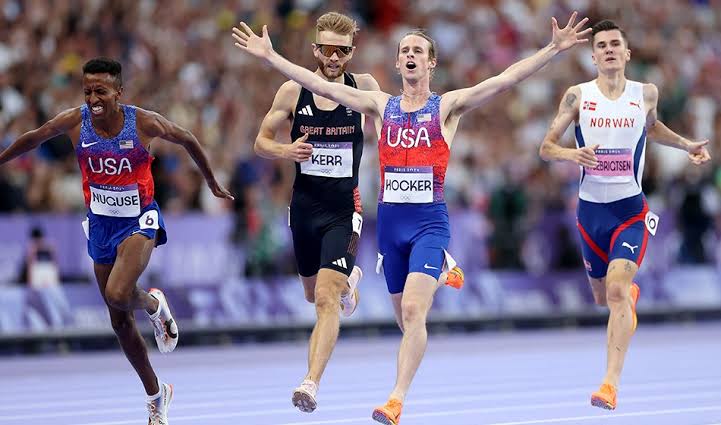
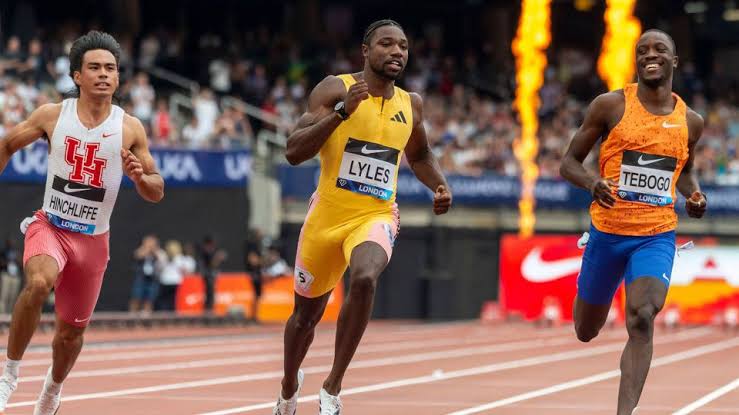
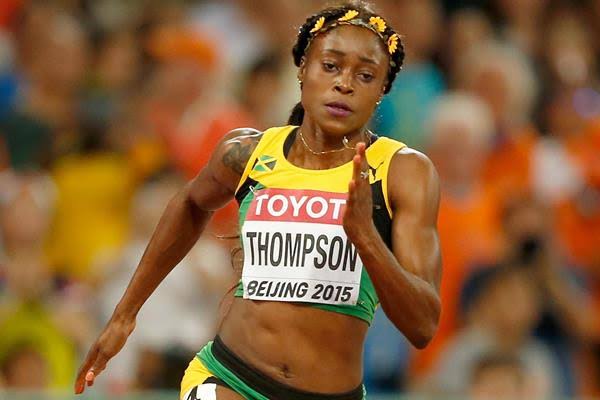
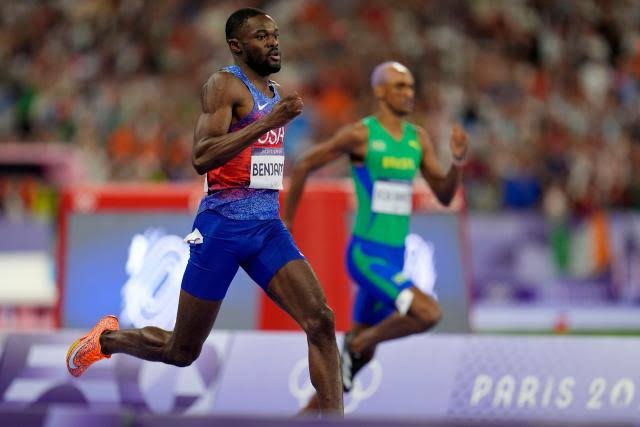
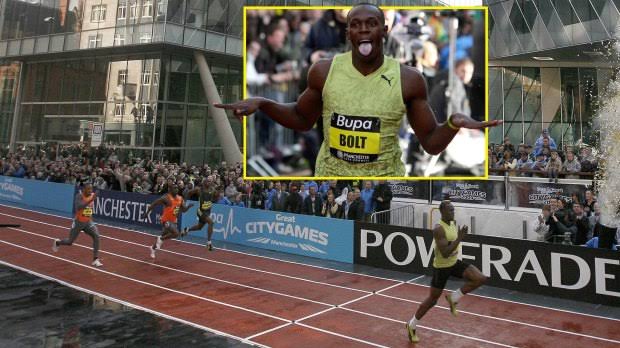
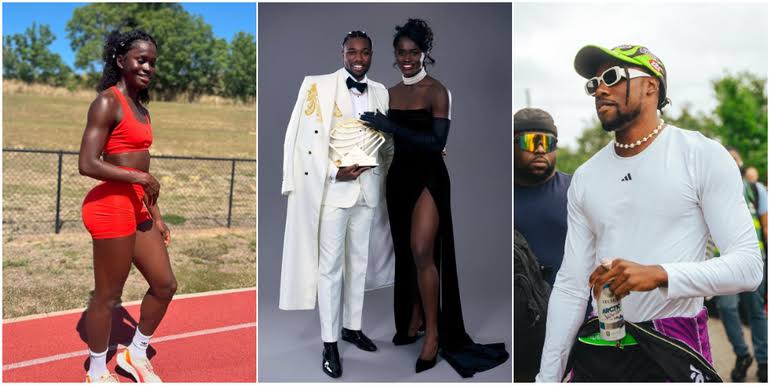
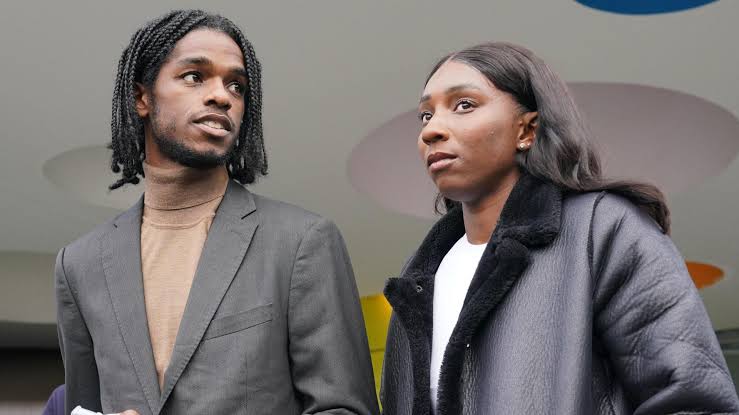
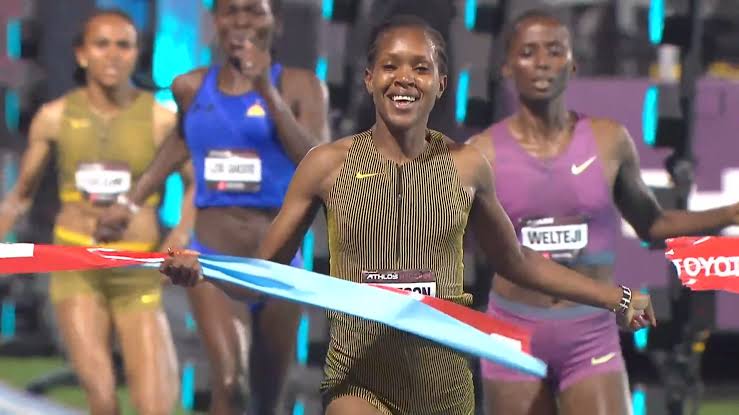
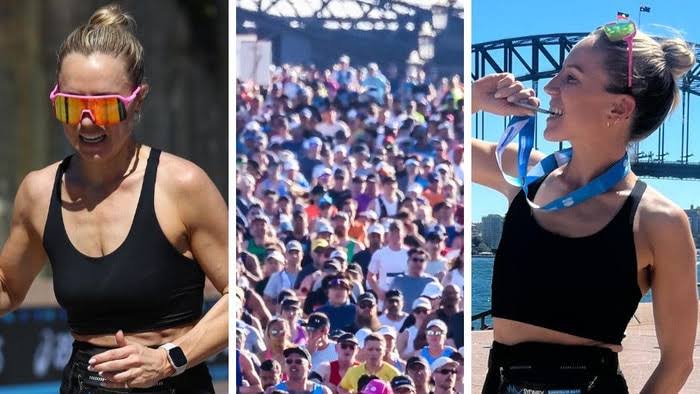
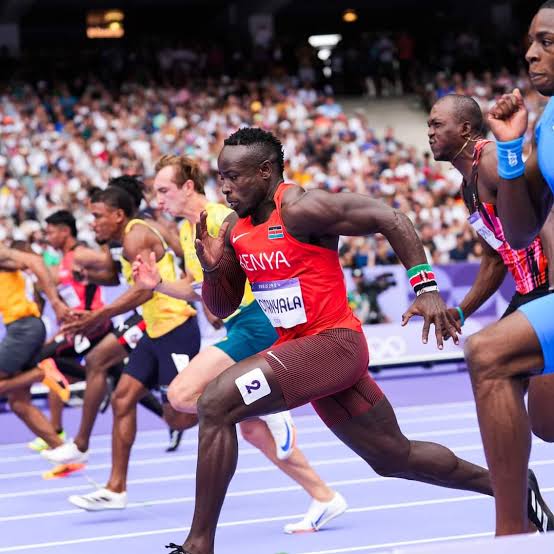
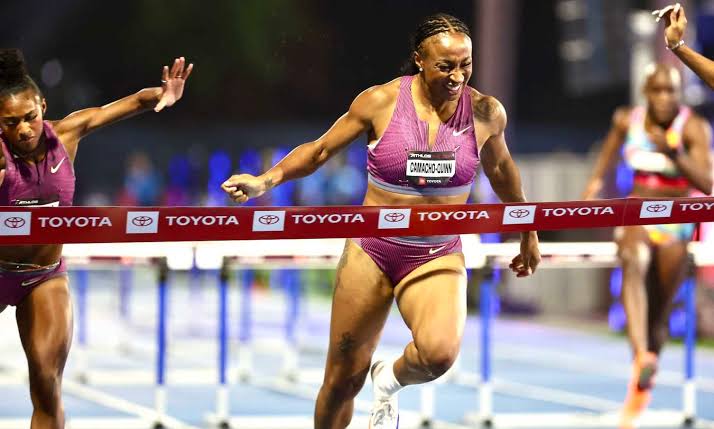


Leave a Reply